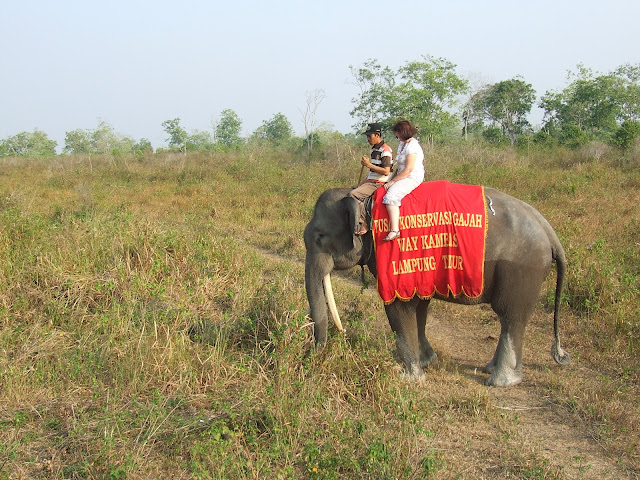DON’T TRY THIS AT
HOME
There’s a scene
right at the end of ‘Back to the Future’ when Marty McFly arrives home in Hill
Valley 1985 (courtesy of the DeLorean, of course) and finds nothing is quite as
it was. It seems the tinkering he and Doc Emmet Brown did in 1955 has subtly
altered his world. His couch-potato parents (George and Lorraine) are bantering
about their tennis game, Biff, the town bully, is waxing a new car that appears
to belong to Marty, and, get this ... George is opening a box of books.
‘Ah Honey,’ says
Lorraine, ‘your first novel.’
‘Like I always told
you,’ George says, ‘if you put your mind to it you can accomplish anything.’
Now, if you don’t
happen to be a writer, you might not have noticed this scene. But I’ll bet that
most aspiring novelists spotted it. It isn’t just the folksy throwaway line
that promises that we too can do this (although, heaven knows, we need this
kind of encouragement.) It is the symbolism that matters here. The filmmakers
needed to demonstrate the transformation of George McFly. So what did they do?
They made him a writer. And they gave him his first box of books.
I thought about this
scene last week when, guess what, I was opening my first box of books. ‘Ah Honey,’ my wife Sue said, ‘your first
novel.’ And I was lost for words.
Now is this just me?
I swell with pride at the sight and touch and smell of this wonderful new book.
Of course, I do. Everyone at Orion has done such a fantastic job. My editor,
Kirsty Dunseath, has been unbelievably brilliant. The cover is amazing.
Everyone who reads it tells me how much they love it. Yet it’s filling me with
an unfamiliar feeling of terror. There are now only nine days before it
hits the bookshops. Nine days! Total
strangers might idly pick a copy up, turn it over, read the cover, and maybe,
they might even buy it. Something in me yearns for those comfortable months
when Maximilian Ponder was nothing more than a manuscript on my computer. When
I flicked the ‘off’ switch, he would disappear. But in nine days Max Ponder
won’t be my secret creation anymore. He’ll be loose in a world of readers. And
that, for a first time novelist, is scary.
Still, terror and
excitement are sibling emotions I suppose. One morphs very easily into the
other. I’ve enjoyed a year of excitement since signing with Orion. Perhaps I
deserve a dose of terror. At any rate the waiting will soon be over. Nine
days.
Maximilian Ponder
never had this problem. He was a writer too, but no one ever read his work
(except, occasionally, for his best friend, Adam). Max would spend every day
writing. This was his project. He exhausted his waking life, closed away in his
study, scrawling out, in longhand, the contents of his brain. What started as a
casual project, a brief exercise in student vanity, became, for Max, an endless
obsession. Quarantined and imprisoned
from the world outside, Max became a slave to his catalogue. The three year
project became thirty years of tribulation. It cost Max his life.
Perhaps my trepidation
would be less if Max Ponder’s story wasn’t such a personal one for me. Max and
I share memories of growing up in Africa, of brutal treatment at school, of a
traumatic encounter with victims of leprosy, of rough treatment by Idi Amin’s
henchmen in Uganda. These memories, and
others, form the patchwork tapestry of the life Max is trying to record. I can’t read these chapters from Max’s life
without finding myself back in Africa with him.
In truth, I can’t
wait for Max Ponder to find his way onto the bookshelves. I’ll find a way to
handle the terror. I will diligently immerse myself in Book Number Two. The nine days will pass. And Max will be free. And so, perhaps, will I. Like I always
told you; if you put your mind to it, you can accomplish anything; except,
perhaps, writing a catalogue of your brain. Please don’t try this at home.

































.jpg)











.jpg)